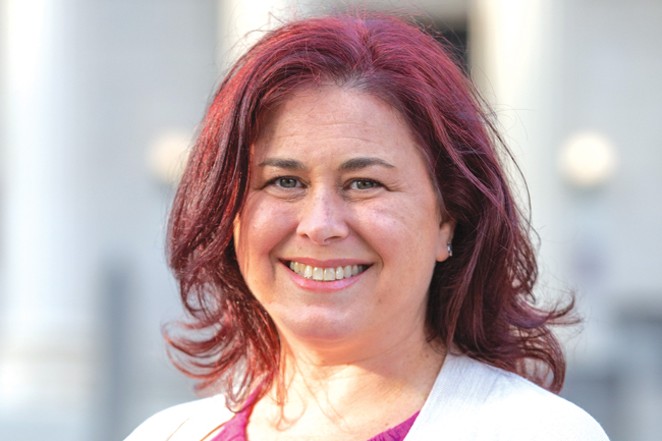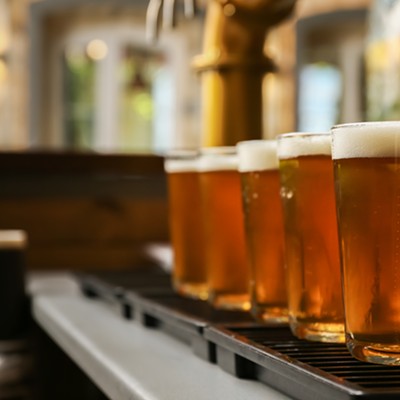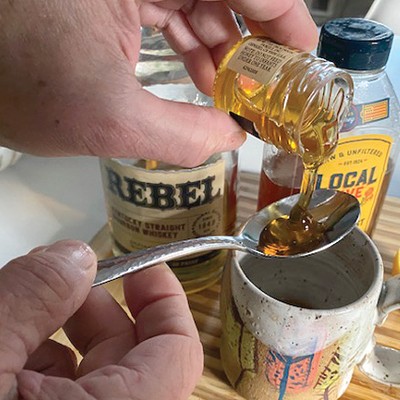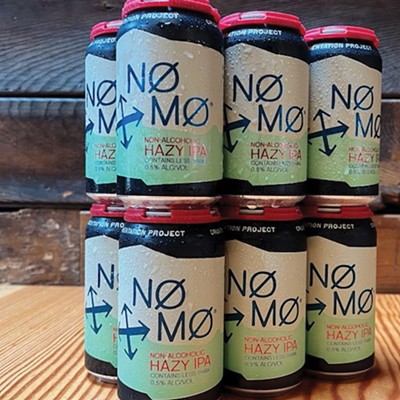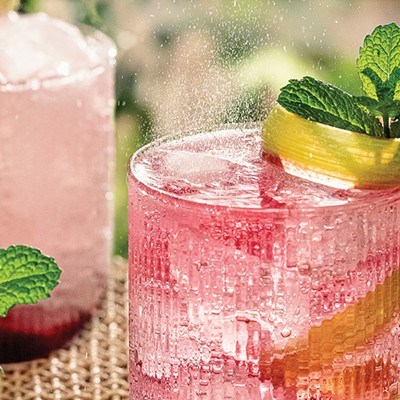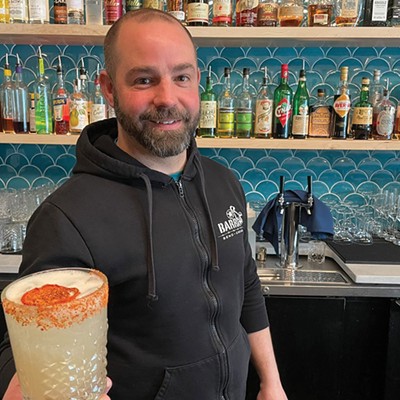Despite all of women's advances in the beer industry, it often feels like a world full of haze bois and beer bros. But women have been intimately involved in beer from the beginning – whether making beer for the family to drink in ancient times or selling beer to support the earliest family-owned craft brewing businesses. In an edited excerpt from her book, "A Woman's Place Is in the Brewhouse: A Forgotten History of Alewives, Brewsters, Witches and CEOs," Tara Nurin introduces us to some of the women who helped turn the Pacific Northwest into one of the original homes for small-batch brewing.
Tom Baune, like many of his peers, had been a homebrewer. When he and his wife, Beth Hartwell, decided to follow the lead of a very few others in opening a small brewery in 1983, they found a home for Hart Brewing in a rickety 100-year-old building in the old logging town of Kalama, Washington, thirty miles north of Portland.
"Everything about it was not going to work," says Beth.
They leased, then bought the building anyway, and throughout the '80s formed a loose circle with a list of acquaintances that reads as the who's who of Oregon and Washington brewing. Members of this community taught themselves and one another how to brew, leaning on the most experienced among them, Karl Ockert, of BridgePort Brewing in Portland, for his knowledge.
Karl's wife, Carole, tells Oregon Hops and Brewing Archives curator Tiah Edmunson-Morton in a recorded interview, "Passionate isn't the right word from my perspective. They were just enthralled. Yeah, people [thought it was] weird and they [didn't] necessarily think it [was] going to go anywhere but... it [was] such excitement."
The mostly 20-somethings borrowed necessities like sugar and hops from one another, hung out after intense 14-hour workdays, swapped beers, and partied together. As hardworking young spouses and parents, they encouraged their significant others to keep up their support by including families and children in work and social affairs.
Carole remembers clipping baby seats onto bars, feeding little mouths under linen-covered restaurant tables, and entrusting the teens to watch the younger ones at conferences. She feels this set a precedent for craft beer to become a family-friendly space.

"I certainly didn't feel left out and maybe part of that was because I had the privilege of having someone who wanted to have his family included," Carole says.
Though technical advancements, along with trial and error, helped these family businesses professionalize a bit, professional didn't equal easy. For Beth and the handful of women blazing their beer trail through the Pacific Northwest in the 1980s, running a brewery literally meant working almost around the clock at the brewhouse, traveling to make supply runs and sales calls, and trying to raise a young family.
"I did every job in the brewery," says Irene Firmat, who traveled out west from a fashion-buying job in Manhattan before conceiving of Full Sail Brewing (originally Hood River Brewing), bringing in investors, and marrying the head brewer she hired.
"I was the general manager, I helped brew, I cleaned the bathrooms, I cooked in the pub. The only thing I really never did was drive a forklift. I'm a very bad driver," she says.
I did every job in the brewery. I was the general manager, I helped brew, I cleaned the bathrooms, I cooked in the pub. The only thing I really never did was drive a forklift. I’m a very bad driver.—Irene Firmat, founder of Full Sail Brewing
tweet this
"I stood on a bottling line with a baby on my back for 13 hours," seconds Beth, mother of two. "I was going 136 miles to Seattle a couple times each week to do tastings and 30 miles to Portland to chase parts. There was always work to be done."
Sadly, transferring to the beer world didn't give empowered women like Beth and Irene much of an advantage. They insist their male colleagues never treated them with any inferiority, but these businesswomen couldn't muster much credit from men outside their circle.
Irene refused to sell to anyone who told her they didn't "take orders from ladies," and Beth had a similar reaction to bar owners and notoriously chauvinistic wholesalers who told her to come back with her husband.
"Where's Tom?" they'd ask.
"Brewing," she'd answer. "Someone's got to do it."
Tara Nurin is the beer and spirits contributor to Forbes, an adjunct Beer 101 instructor at Wilmington University in Delaware, and author of "A Woman's Place Is In The Brewhouse." Her book is available for sale at Roundabout Books in Bend.

